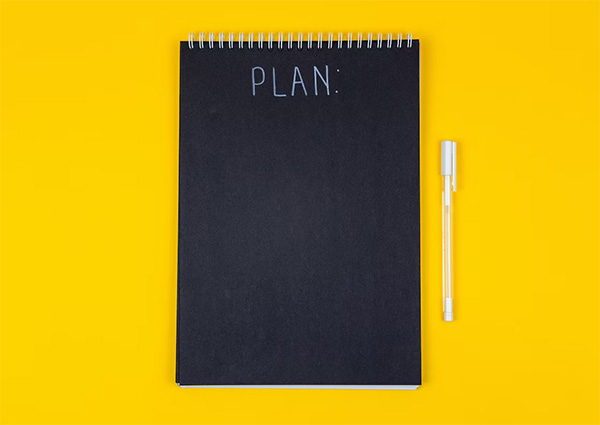Mastering the Art of Budgeting: Practical Tips for Saving Money
Budgeting is a critical skill for preserving financial stability and enabling savings. The first step in learning how to budget is to comprehend its importance and how it may assist you better your financial situation. Let’s look at some helpful advice for managing your finances, setting up a sensible budget, monitoring your spending, and coming up with creative methods to save money. Let’s begin our first budgeting journey and learn the crucial tactics that will help you come closer to reaching your financial objectives.
Foundation for Success: Understanding the Importance of Budgeting
Before proceeding with the practical advice, it is critical to grasp the significance of budgeting in your financial life. Understanding the significance of budgeting will help you become more motivated to prioritize it. Making educated financial decisions, controlling your spending, and allocating funds to your goals and objectives are all made possible by budgeting. It acts as a guide for your financial success and gives you the assurance you need to take on life’s financial obstacles.
Crafting a Realistic Budget: Mapping Your Financial Journey
Making a realistic budget is the first step toward good money management. To establish a thorough strategy, you must first examine your income, spending, and financial objectives. It is critical to be truthful with yourself about your financial condition and to create reasonable goals. You get clarity and insight into where your money is going and how it may be used to attain your intended financial results by mapping out your financial path with a well-designed budget.
Tracking Expenses: Gaining Insights into Your Spending Habits
Tracking your expenses is a vital practice that allows you to understand your spending patterns and identify areas for improvement. Instead of mindlessly spending money, tracking expenses enables you to make conscious choices about where your money goes. It helps you evaluate whether your spending aligns with your priorities and identify any unnecessary or excessive expenditures. By gaining insights into your spending habits, you can make adjustments, cut back on non-essential expenses, and allocate more funds towards savings and investments.
Maximizing Your Budget’s Potential: Strategies for Cutting Costs and Saving
To truly master the art of budgeting, it is essential to find effective ways to cut costs and save money. This requires adopting a proactive approach and implementing practical strategies. Explore techniques such as creating a frugal mindset, practicing mindful spending, seeking out discounts and deals, reducing utility bills, and managing debt effectively. By embracing these strategies, you can stretch your budget further, reduce financial stress, and achieve your savings goals more quickly.
Budgeting is an excellent skill that, if mastered, has the power to significantly improve your financial situation. Financial stability and independence may be attained through comprehending the value of budgeting, creating a manageable budget, keeping track of costs, and maximizing your savings potential. Remember that developing a budget is a continuous process that demands dedication, restraint, and regular review. Applying these sensible suggestions may help you manage your money more skillfully, reduce wasteful spending, and get closer to your financial objectives. To guarantee a more secure financial future, learn how to construct a budget right away.
Photo Attribution:
1st and featured image by https://unsplash.com/photos/5OUMf1Mr5pU
2nd image by https://unsplash.com/photos/x_OKGbxB3fA


